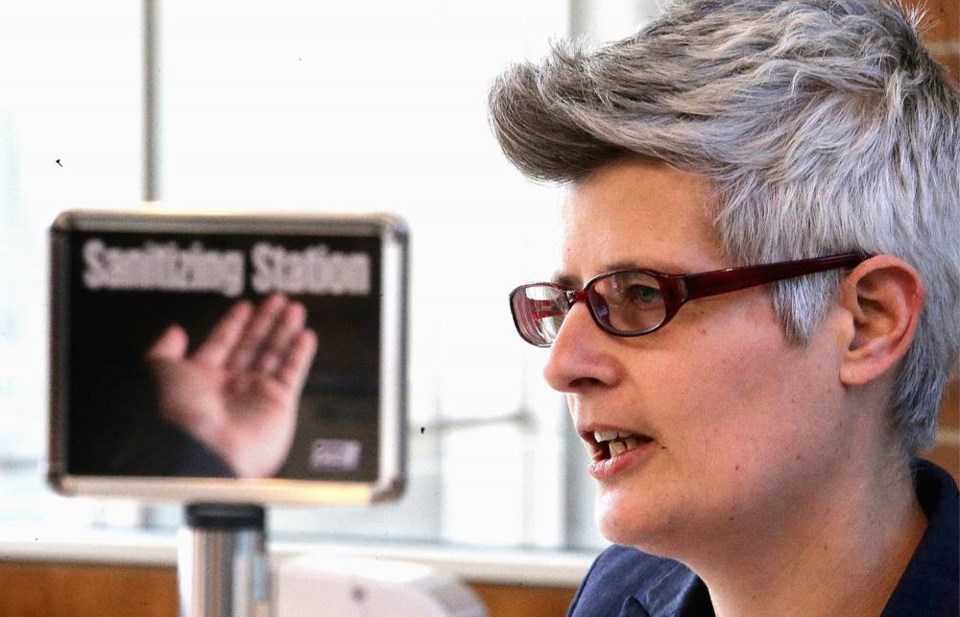The mayors of B.C.’s 13 largest cities are calling on political parties in the provincial election to pledge immediate help for the spiralling mental health and addiction crises in urban areas.
Faced with worsening disorder on streets and in public parks, the newly formed B.C. Urban Mayors’ Caucus wants to see expanded treatment options and increased access to a safer drug supply.
As well, they say any review of the Police Act should look at other ways of responding to mental health and substance-use calls in the community rather than relying solely on police.
Vancouver Mayor Kennedy Stewart told a news conference Wednesday that the problems existed before COVID-19 hit, but they’ve become worse due to an increasingly toxic drug supply and a rise in homelessness as shelters closed or reduced beds.
“Our businesses, which are already struggling from the economic impacts of COVID-19, are facing new challenges as a result of higher rates of social disorder and unpredictable and sometimes violent behavior from people in crisis,” he said.
Victoria Mayor Lisa Helps, who co-chairs the caucus with Kelowna Mayor Colin Basran, said in an interview that the mayors are “at our wits’ end” dealing with people on the streets who require extensive health care. “I was surprised that all of these mayors across the province agreed this is our No. 1 issue.”
Helps said immediate action is needed, because the province faces an entirely new problem in rising numbers of people who survived a drug overdose, but will have a life-long brain injury as a result. And she said it’s clear that simply providing housing with supports isn’t enough for some people who have more complex needs.
“I don’t know what the answer is, but there’s some piece of a continuum of care that isn’t there yet,” she said.
Nanaimo Mayor Leonard Krog, a former NDP MLA, repeated his previous call for the return of secure facilities where people with more severe mental health and addictions issues can receive the care and medication they need.
Krog said in an interview that he’s not advocating for the reopening of Riverview or other big institutions. “But I am asking for smaller facilities in the community where, for some people, it may be secure, maybe they can go in and out during the day, maybe they can’t.” He acknowledged that his views are not shared by all the mayors, but said it’s time for a “mature conversation” about how to help those who are incapable of looking after themselves.
“We have no problem putting our 85-year-old grandma, who’s suffering from Alzheimer’s … in a secure facility where she can’t wander the streets and be struck by cars or abused or whatever,” he said. “The public doesn’t understand what the difference is.”
The parties have yet to release detailed plans of how they will respond to the growing problems of homelessness, addiction and mental-health issues.
NDP Leader John Horgan said this week that his government has made progress getting people off the streets in a number of communities, but he acknowledged that “despite our best efforts, it seems to the public like this is getting out of control.”
He promised to continue working with local governments, while pressing the federal government “to take a hard look at how they can get back into the business of housing — not just with press releases, but with dollars and commitments to planning through this fall.”
Liberal Leader Andrew Wilkinson attacked the NDP for “warehousing” people in hotels without proper supports, calling the approach a “total failure.”
But he has offered few specifics on how he would tackle problems, beyond focusing on prevention.
“These are complex disorders,” he said Wednesday.
“We need to figure out the causes for individuals. Treat them as human beings, not as a gaggle of people who are somehow all going to have the same answer.”
lkines@timescolonist.com
> Les Leyne column, A10



